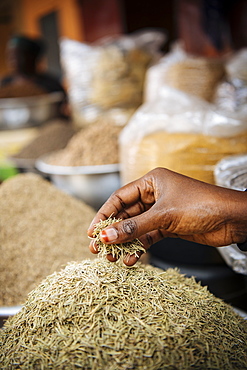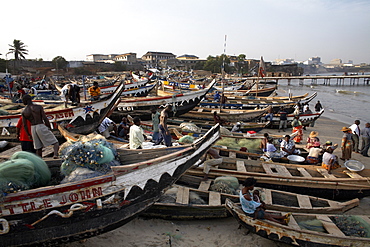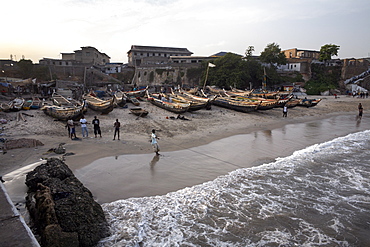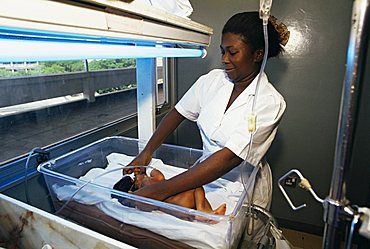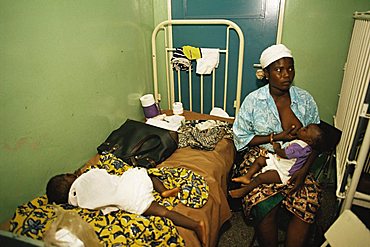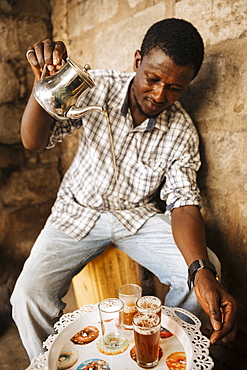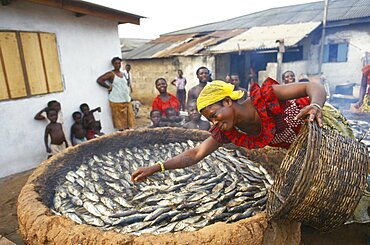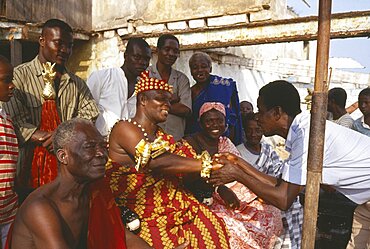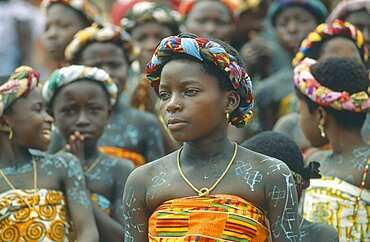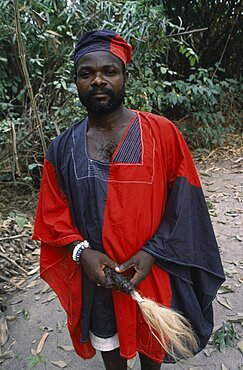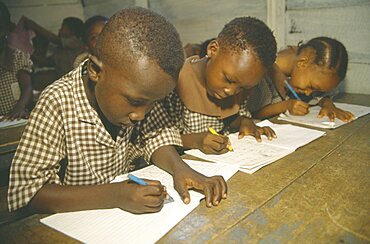Results
15 results found

Ashanti (Asante) tribe chief, adorned with jewellery of local gold, at a tribal feast at Accra, Republic of Ghana, West Africa, Africa

Beach with palm trees and villas near Accra beach, sea, south coast, Barbados, Lesser Antilles, West Indies, Windward Islands, Antilles, Caribbean, Central America
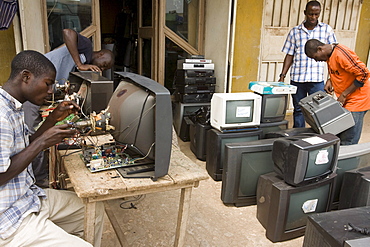
Workers repairing electronics at a shop in Accra, Ghana. The computers are shipped here from Europe and the USA and some are reused but majority are dumped in Ghana.

Burning of computer wire and parts to recover copper and other metals in Accra, Ghana. The computers are shipped here from Europe and the USA and some are reused but majority are dumped in Ghana. Poor workers often from the northern poorer region of Ghana do the work and sell the copper to buyers who send the copper to China or India.

Research assistants and technicians from the University of Ghana collect dust samples from the living rooms and bedrooms of children in Accra, Ghana. The samples will be analyzed for the presence of dust mites, fungus', and animal allergens to help researchers better understand why children in wealthier homes have higher rates of allergies and asthma than poorer children. The leading theory is that higher rates of helminth (parasite) infections among poorer children are affecting the immune system in a way that offers protection from allergies and asthma. The study aims to find out what the worms are doing, isolate the beneficial effect and replicate it.
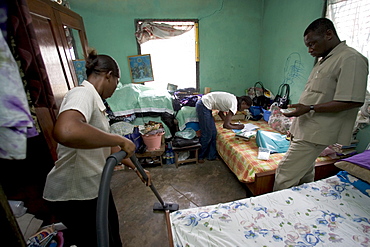
Research assistants and technicians from the University of Ghana collect dust samples from the living rooms and bedrooms of children in Accra, Ghana. The samples will be analyzed for the presence of dust mites, fungus', and animal allergens to help researchers better understand why children in wealthier homes have higher rates of allergies and asthma than poorer children. The leading theory is that higher rates of helminth (parasite) infections among poorer children are affecting the immune system in a way that offers protection from allergies and asthma. The study aims to find out what the worms are doing, isolate the beneficial effect and replicate it.
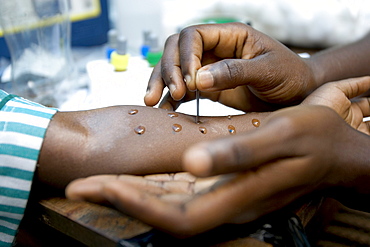
Research assistants and technicians from the University of Ghana perform basic skin prick tests on school children in Accra, Ghana to test for sensitivities to dog, cat, dust mites, grass pollen, peanuts, and cockroach allergens. The results have shown that children in wealthier homes have higher rates of allergies and asthma than poorer children. The leading theory is that higher rates of helminth (parasite) infections among poorer children are affecting the immune system in a way that offers protection from allergies and asthma. The study aims to find out what the worms are doing, isolate the beneficial effect and replicate it.
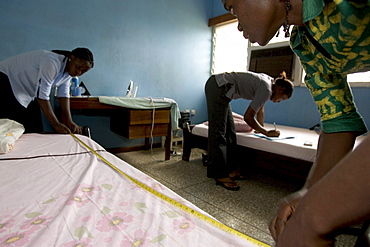
Research assistants and technicians from the University of Ghana collect dust samples from the living rooms and bedrooms of children in Accra, Ghana. The samples will be analyzed for the presence of dust mites, fungus', and animal allergens to help researchers better understand why children in wealthier homes have higher rates of allergies and asthma than poorer children. The leading theory is that higher rates of helminth (parasite) infections among poorer children are affecting the immune system in a way that offers protection from allergies and asthma. The study aims to find out what the worms are doing, isolate the beneficial effect and replicate it.

Joshua Nkrumah Asante, a wealthy child from Accra Ghana attends a private school at the University of Ghana where he and his sister are driven to and from school by the families driver. Joshua does not suffer from helminth infections but does suffer from hayfever. Joshua is one of the many children in Gahna participating in a study by Dr. Daniel Boakye at the University of Ghana attempting to better understand the connection between high rates of helminth infections and protection from allergies and asthma.

Joshua Nkrumah Asante, a wealthy child from Accra Ghana attends a private school at the University of Ghana where he and his sister are driven to and from school by the families driver. Joshua does not suffer from helminth infections but does suffer from hayfever. Joshua is one of the many children in Gahna participating in a study by Dr. Daniel Boakye at the University of Ghana attempting to better understand the connection between high rates of helminth infections and protection from allergies and asthma.
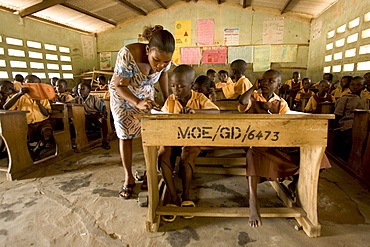
Research assistants and technicians from the University of Ghana perform basic skin prick tests on school children in Accra, Ghana to test for sensitivities to dog, cat, dust mites, grass pollen, peanuts, and cockroach allergens. The results have shown that children in wealthier homes have higher rates of allergies and asthma than poorer children. The leading theory is that higher rates of helminth (parasite) infections among poorer children are affecting the immune system in a way that offers protection from allergies and asthma. The study aims to find out what the worms are doing, isolate the beneficial effect and replicate it.

Joshua Nkrumah Asante, a wealthy child from Accra Ghana attends a private school at the University of Ghana where he and his sister are driven to and from school by the families driver. Joshua does not suffer from helminth infections but does suffer from hayfever. Joshua is one of the many children in Gahna participating in a study by Dr. Daniel Boakye at the University of Ghana attempting to better understand the connection between high rates of helminth infections and protection from allergies and asthma.
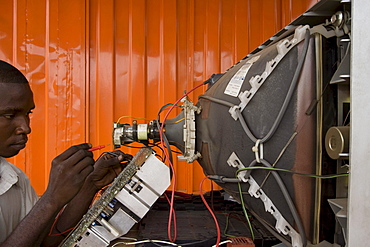
Workers repairing electronics at a shop in Accra, Ghana. The computers are shipped here from Europe and the USA and some are reused but majority are dumped in Ghana.

GHANA Education Portrait of pupil from primary school in village near Accra holding small blackboard printed with alphabet and numbers.

